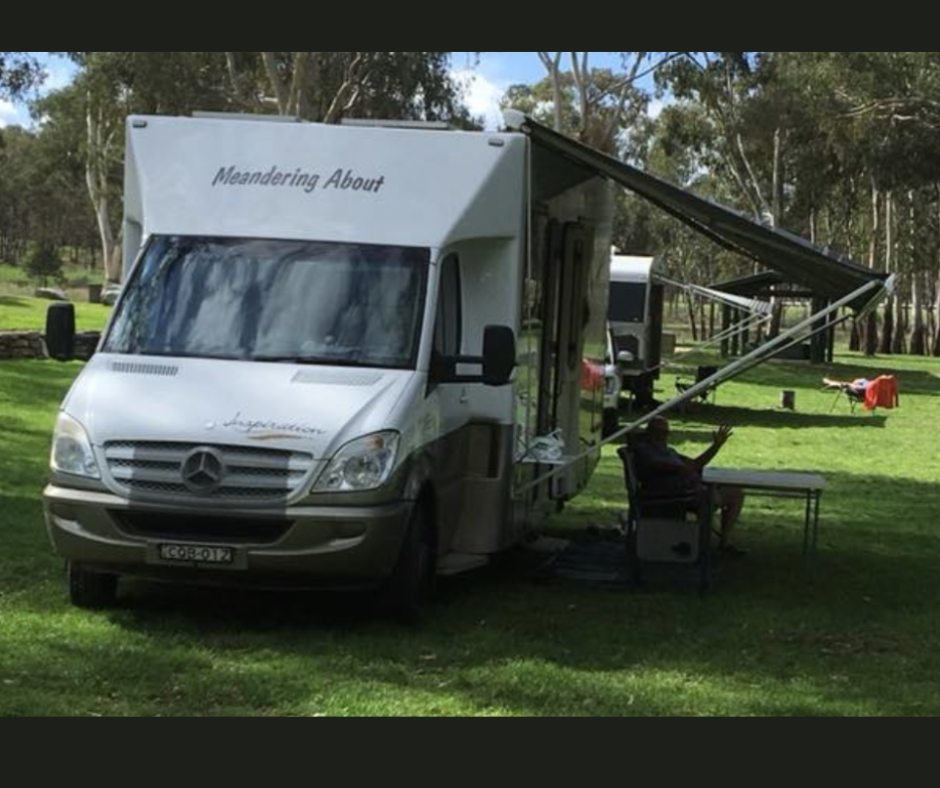Continuing to invest when it looks like the market is falling is not easy. Mostly because our inner voice tells us not to buy something when there is a “better” option available.
I have noticed over the last few weeks there are a lot of people in social media chat groups asking whether they should be moving their investments (or their super) into a high-interest cash account.
The case for changing your investments
Their rationale is sound. You can easily get a return of 4-5% in a high-interest savings account or term deposit, whereas the return from more volatile investments such as shares is unknown.
Firstly, the media makes out the market downturn for shares is worse than it is. Not surprising as fear sells more than comfort. As an example, I saw a headline in a popular financial newspaper saying the Australian share market has fallen back to levels not seen since October 2007. While they are technically right, they failed to mention that if you had invested in an index fund with the top 300 Australian companies in October 2007 you would have had total returns of 110%.
Secondly, one of the main risks with investing is volatility. However, to show that this can be overblown, here are some facts from the last 30 years.

The last 30 years
Over the last 30 years, the Australian share market had 7 years of negative returns but still managed total average returns of 9% p.a. Twice the years with negative returns were followed up by another year of negative returns. For the 12 months up to the end of September 2023, the Australian share market has provided returns higher than the long-term average.
Over the last 30 years, the US share market had 5 years where there were negative returns but still managed total average returns of 10.5% p.a. Only once, in 2002 and 2003, were there back-to-back negative returns.
Over the last 30 years, high interest savings accounts have never had negative returns although it got remarkably close during Covid. However, it has only given returns of 4% p.a. A little less than the average annual inflation.
The case for not changing your investments
There are too many things to consider, including:
- All assets behave differently. Is it just the Australian shares you sell or is it also the international shares, property or crypto. Also consider if the assets you are selling are listed or unlisted – if they are unlisted, the timing is more complex as the value doesn’t change until they are revalued again.
- There are several types of conservative assets. Do you go into cash, bonds, or precious metals.
- Total returns are based on more than just the share price. Make sure you factor in the dividends you will miss. A 5% return on a term deposit isn’t the same as a 5% fully franked dividend.
- Longer-term, holding cash won’t grow your wealth. You need to time not only your exit, but also your re-entry. When the market is falling do you buy back in after it has dropped by a set percentage, or do you wait until after it starts to recover.
I mostly find that people want to try and pick the market because they don’t have a clear plan. Your plan should include a well thought out investment strategy.
We specialise in working with professionals to help them put together a plan that helps them achieve financial independence. If you are looking for an independent financial adviser to help you, book a chat via the button below or contact us at team@constructwealth.com.au.
About the Author
Phil Harvey is an independent financial adviser. In 2017 Phil set up his company Construct Wealth to help clients best manage their finances so they focus on what is important to them. He is a founding member of the Profession of Independent Financial Advisers.
General Advice Warning
This advice contains general information. It may not be suitable to you because it does not consider your personal circumstances. Phil Harvey and Construct Wealth are authorised representatives of Independent Financial Advisers Australia (AFSL 464629)
See related articles
Pay off the mortgage or invest?
Do I pay off the mortgage quicker - or invest? One of the most common questions we hear is: “Should we throw extra money at the mortgage, [...]
A plan for financial independence
For many professionals in their early 40s, the idea of being financially independent before they are 60 sounds like a dream. School fees, mortgages, and lifestyle costs [...]
Have you hit the ‘wealth plateau’?
For many families, hitting your 40s with a strong income feels like success. You’ve worked hard, bought a home, and life is busy with school runs, weekend [...]



